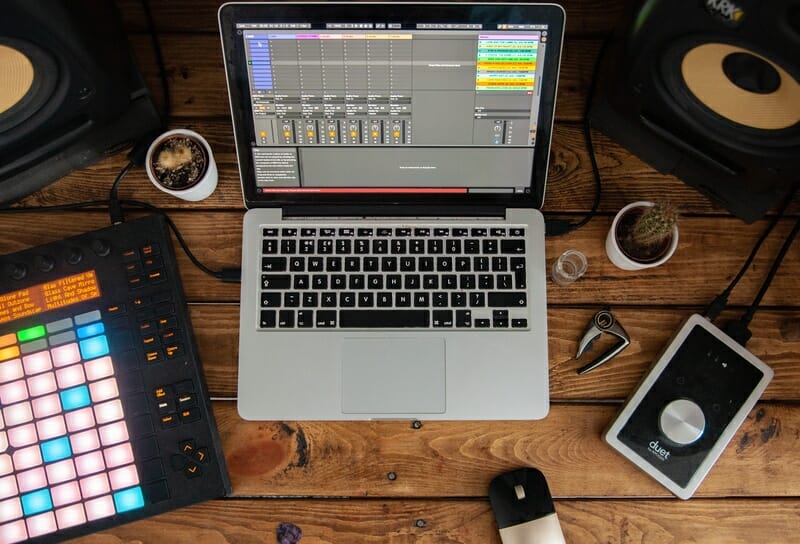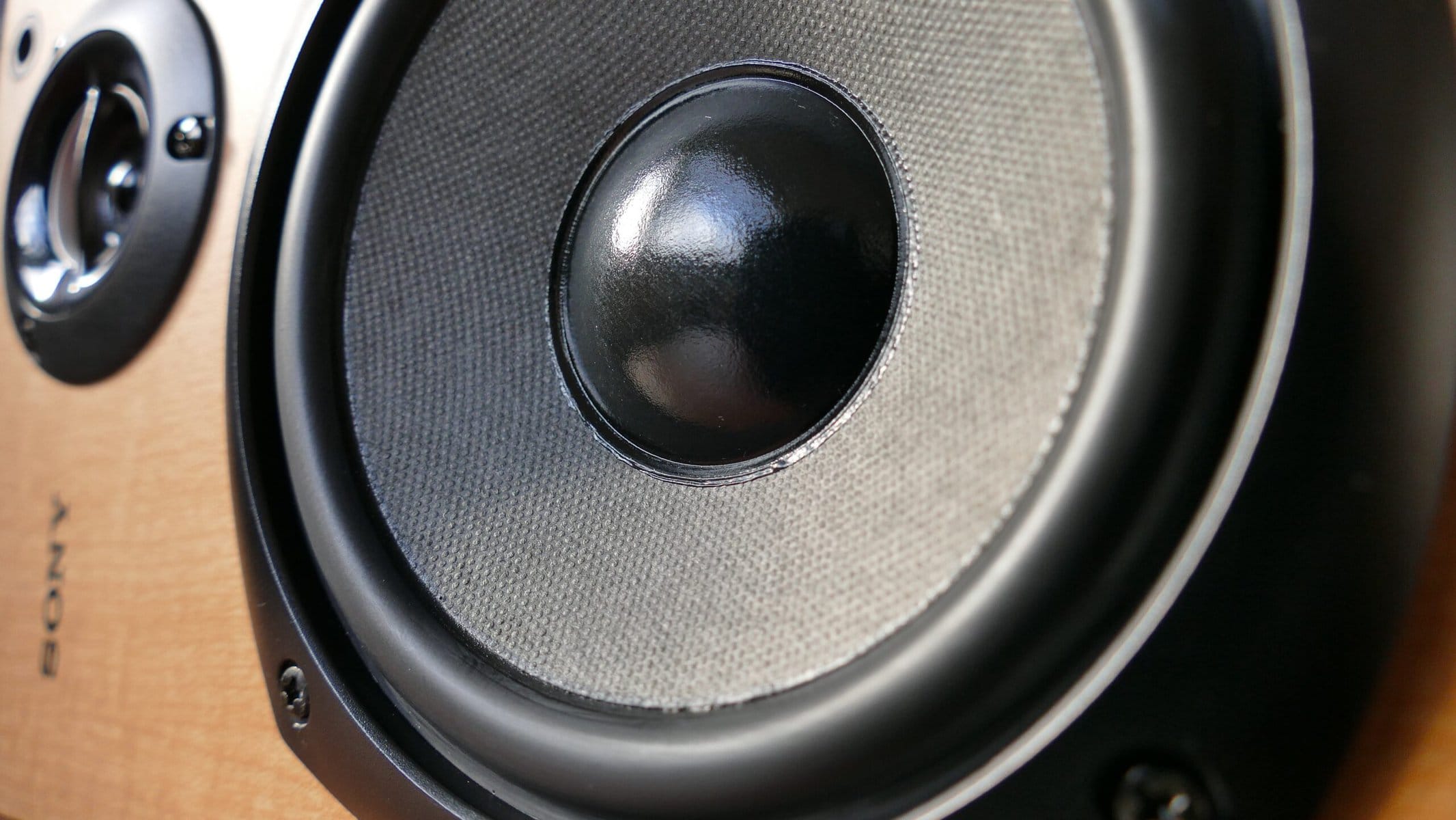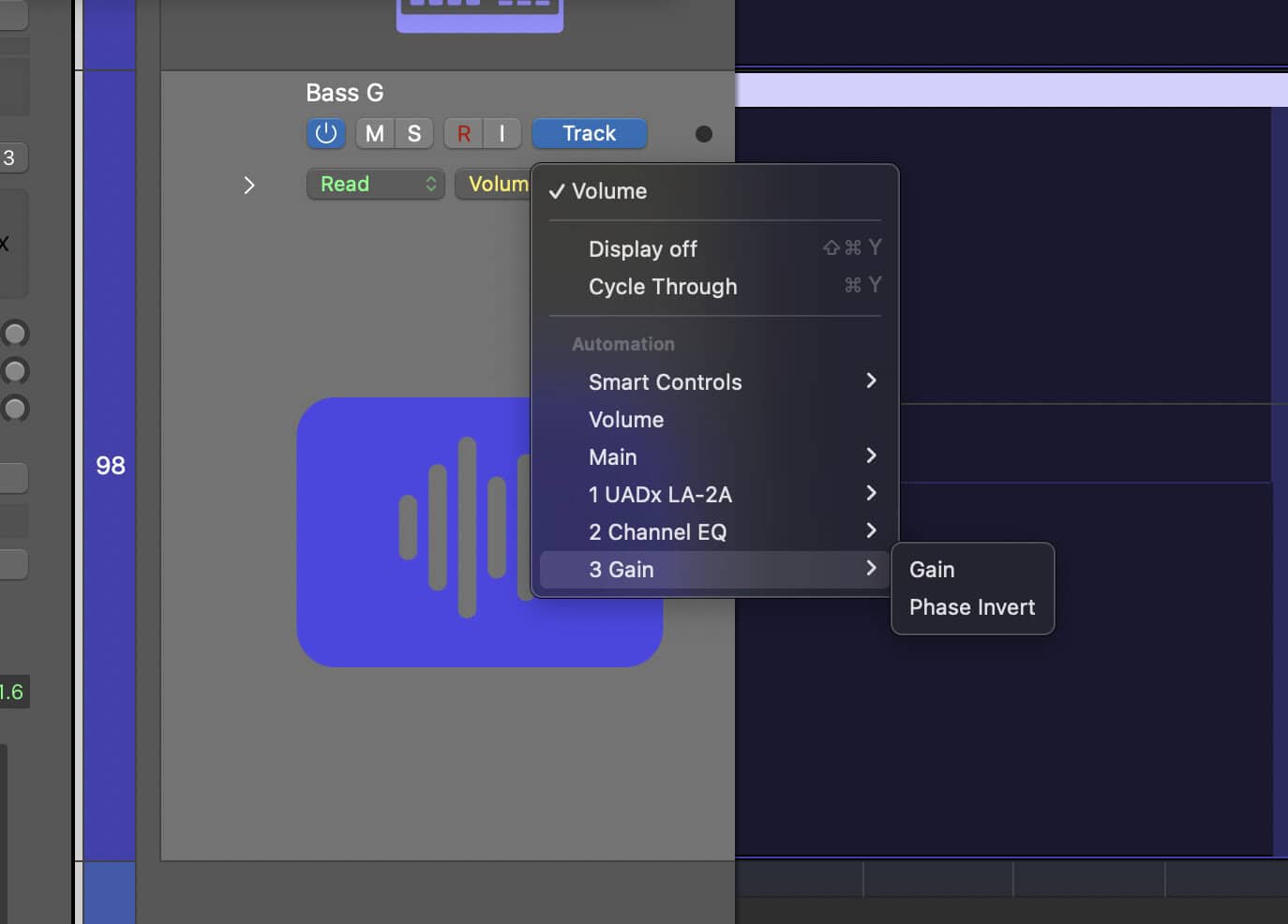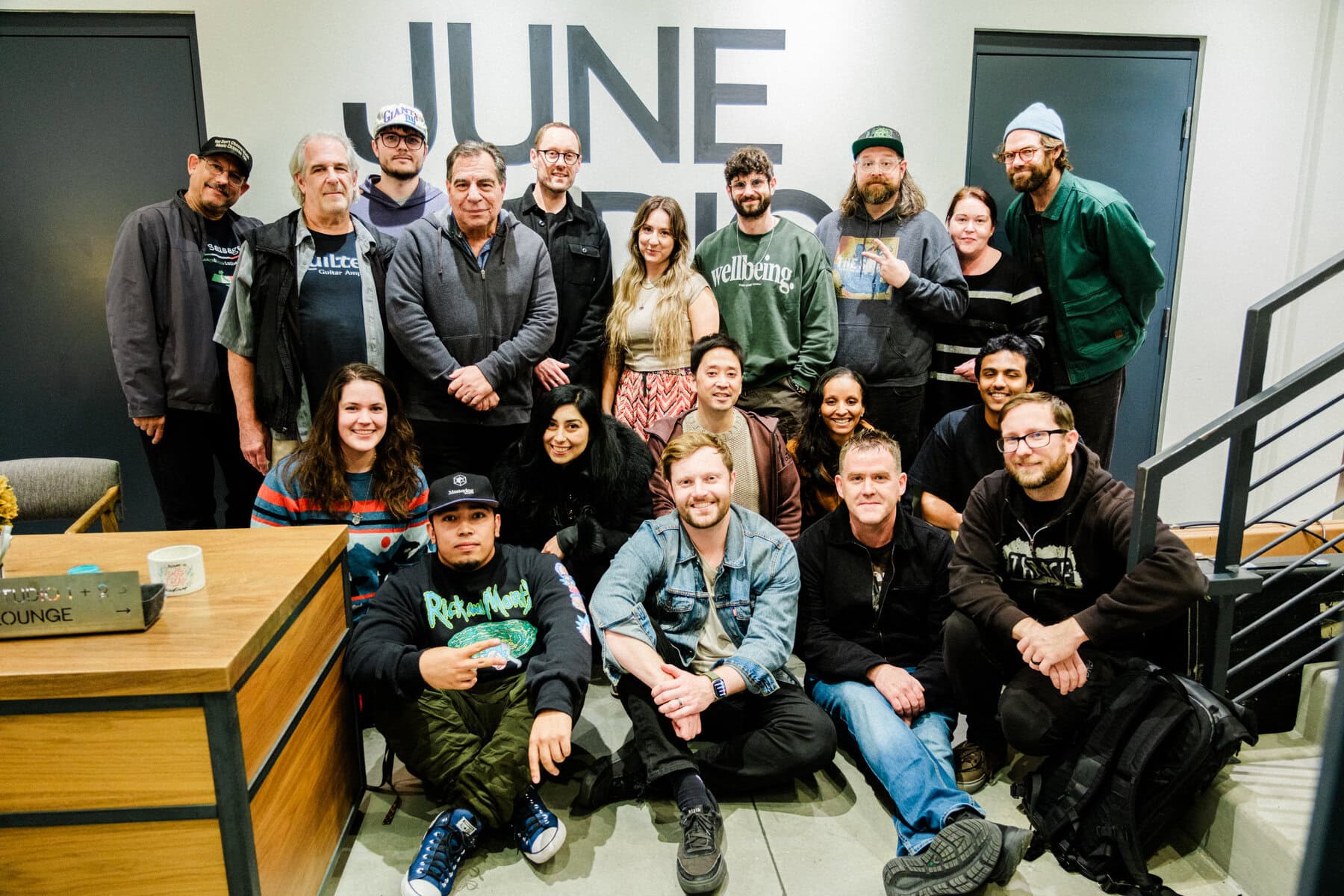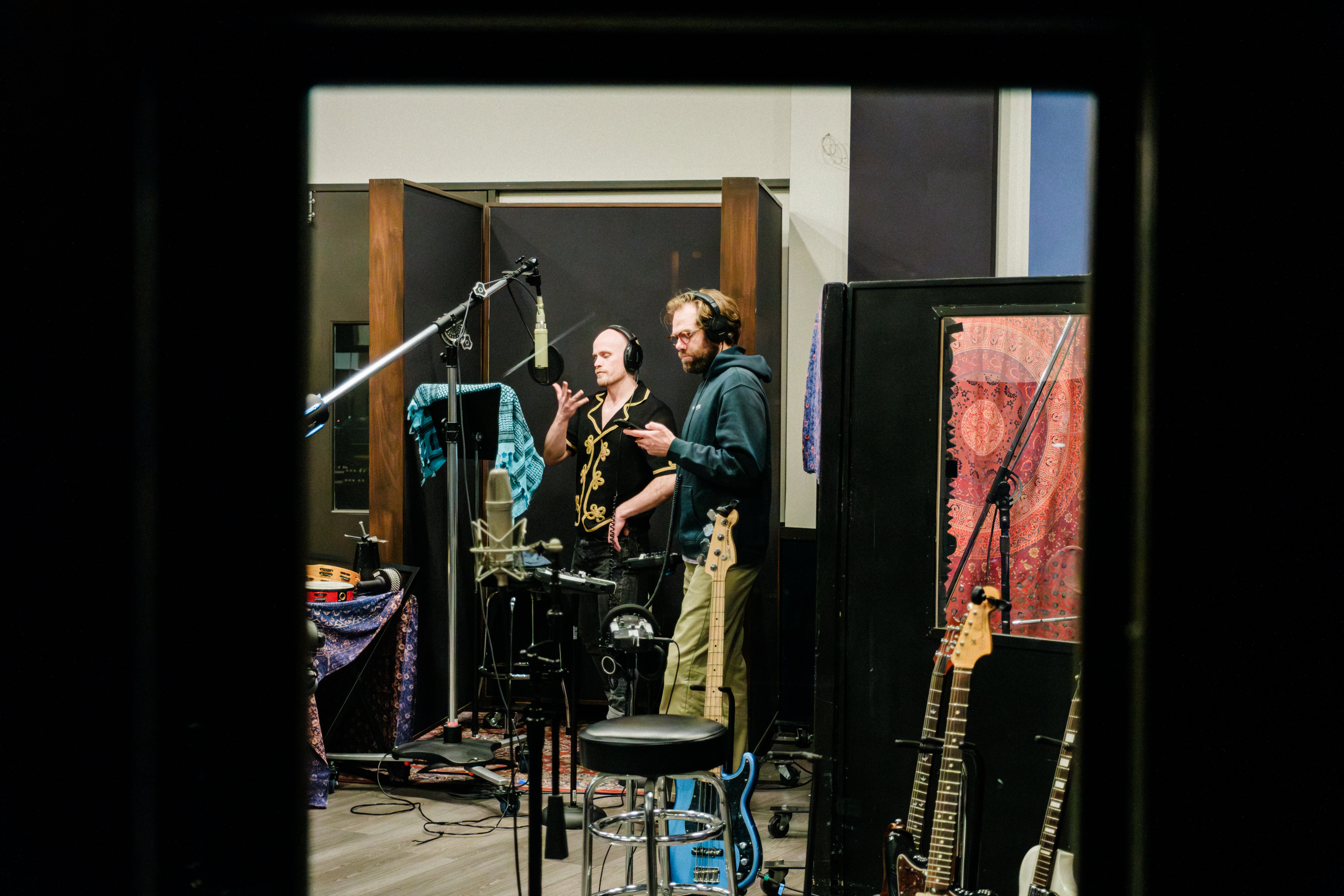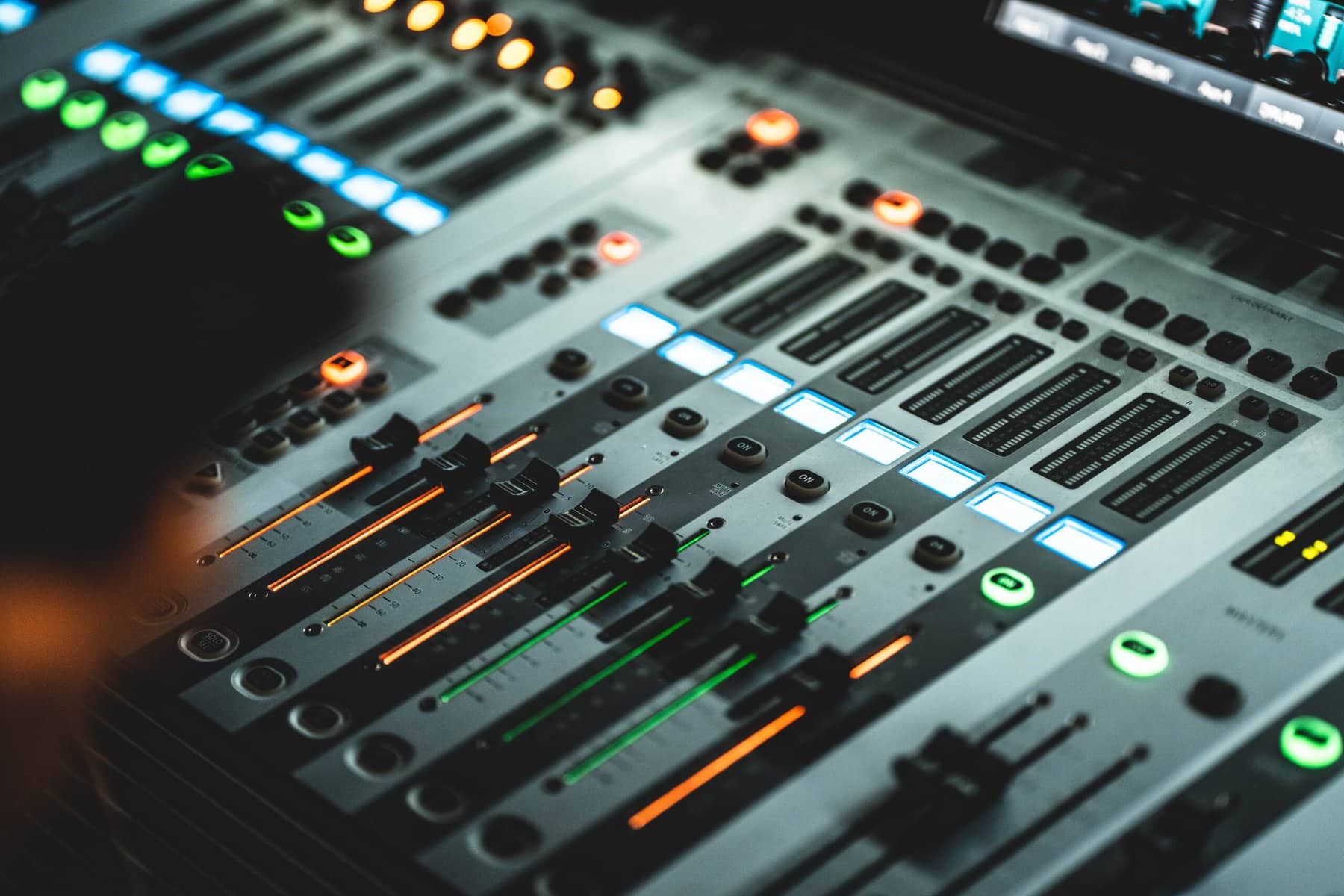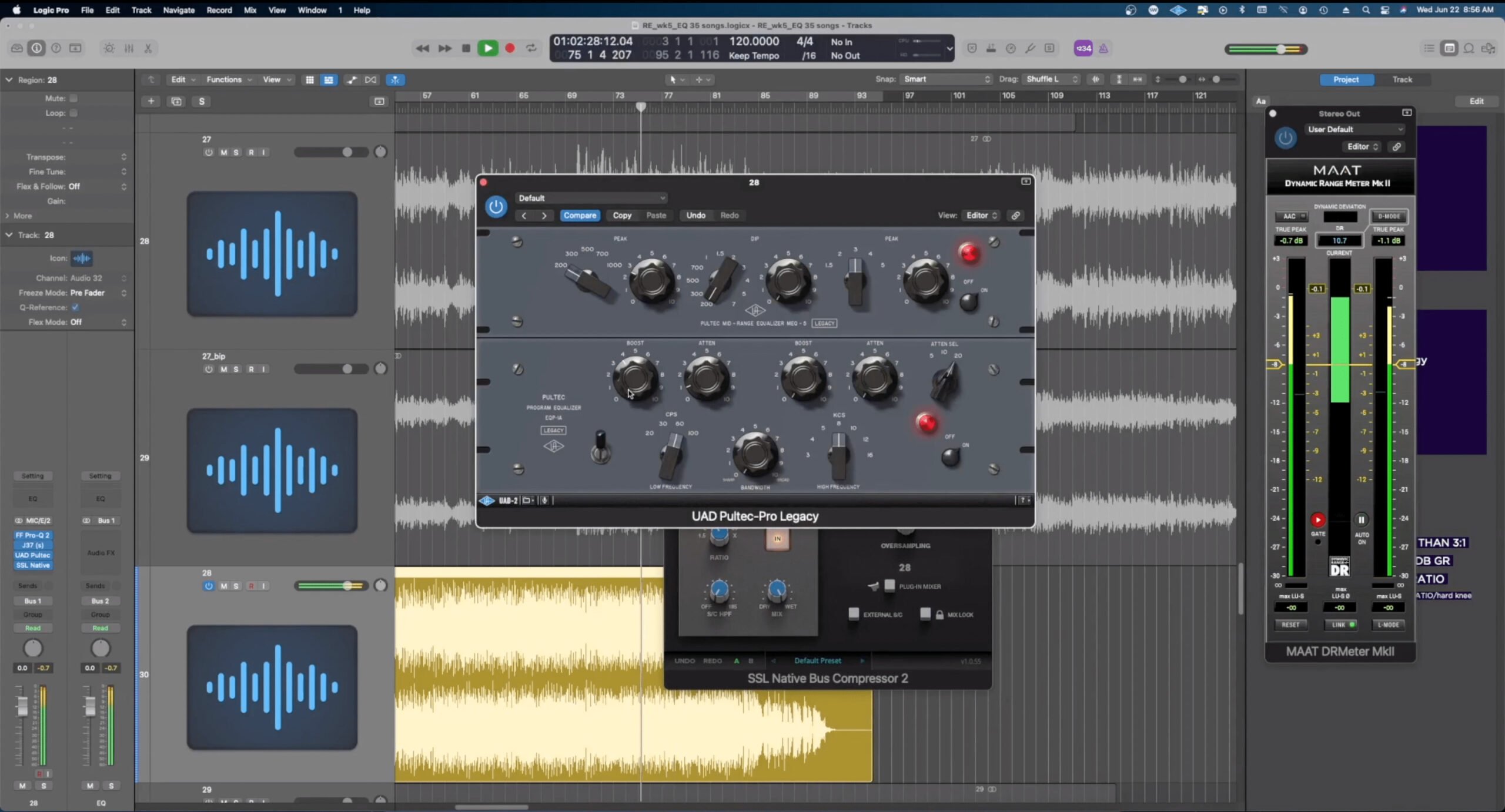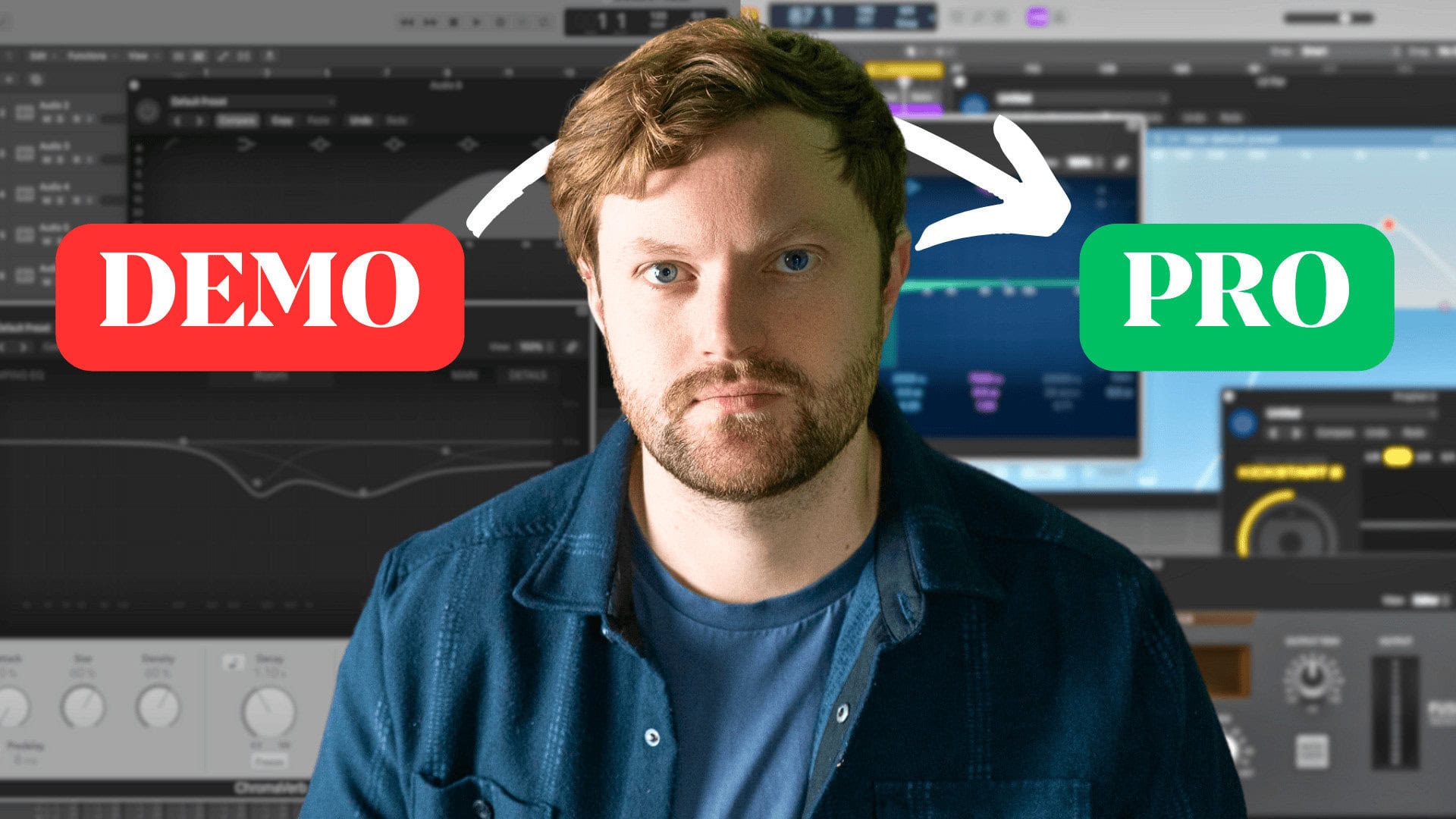There’s a myth in the world of sampling…
“It’s totally legal to sample someone else’s song without permission. As long as the sample you use is shorter than six seconds.”
Wrong. Totally incorrect. Please don’t believe this misconception.
Want to clear a sample without potentially getting sued? You need to go through the proper channels.
And that’s what this post is all about.
But if you want to learn about Sampling specifically, keep reading.
The Two Clearances You Need To Sample Music
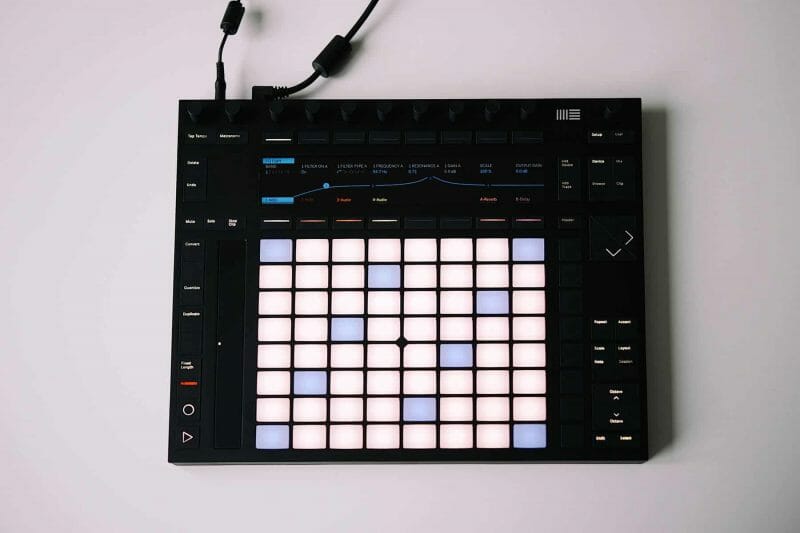
Before you sample someone else’s audio, there are two clearances you need. One from the label and one from the publisher or songwriter.
Why?
With every recorded song, there are two copyrights:
- The master recording: This is for the actual recorded audio. It is owned by the label (or someone else if the artist is independent).
- The composition: This one is for the writing of that song and is owned by the publisher or songwriter.
To sample a song, you need permission for both copyrights from the correct parties.
The Three Steps to Clear a Sample
Follow these steps every time you need to sample audio, and you should be good to go…
Step #1: Collect Info About the Sample
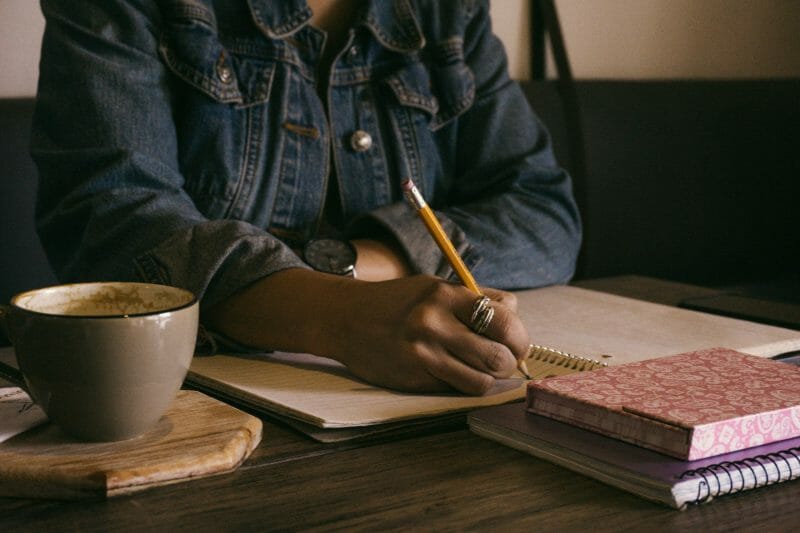
Think you’re ready to approach the rights holders about sampling their song? First, you need to collect some information about the sample and how you’ll use it.
You’ll need this info before you contact them and before negotiating the clearances (see step #3).
You should know:
- How long the sample is
- How many times you use the sample in your song
- What part of the rights holder’s song you’re sampling
- What your plans are with the song
You also need to make sure you know who the songwriter is. You don’t want to look up the rights holders only to find out your sample is from a cover song.
Step #2: Figure Out Who Owns the Rights

Once you’ve decided which song you’ll be sampling, it’s time to see who holds the rights.
Remember, you need to find the master recording owner and the composition owner.
The master recording owner will be the label, the artist, or another third party. Independent artists sometimes, but not always, own their masters.
The composition owner will be the songwriter (who may also be the artist) or a publisher. Or the rights may be split between the two.
Okay, cool… but how do you find the rights owners?
To find the owner of the master recording, try these resources:
- Wikipedia: If the artist is signed to a label, it’s usually listed on their Wikipedia page.
- AllMusic: This is like Wikipedia but for music. You can look up pretty much any info you need about any song. If the song is on AllMusic, it will list everyone involved. Including musicians, producers, songwriters, and the label (listed under the Releases tab).
- Spotify: If an artist released a song on a label, it will be listed at the bottom of the song’s page.
Once you find what label owns the master recording, get their contact info from their website.
Now, finding the owner of the composition is a lot easier.
Simply search the name of the song in the database of the biggest publishing rights organizations (PROs).
In the United States, that would be ASCAP and BMI. In Canada, it’s SOCAN.
The PRO will clearly tell you who owns the composition, and it may even have their contact info. If not, you can just google the owner’s name to find it.
Step #3: Contact the Rights Owners and Negotiate the Clearances
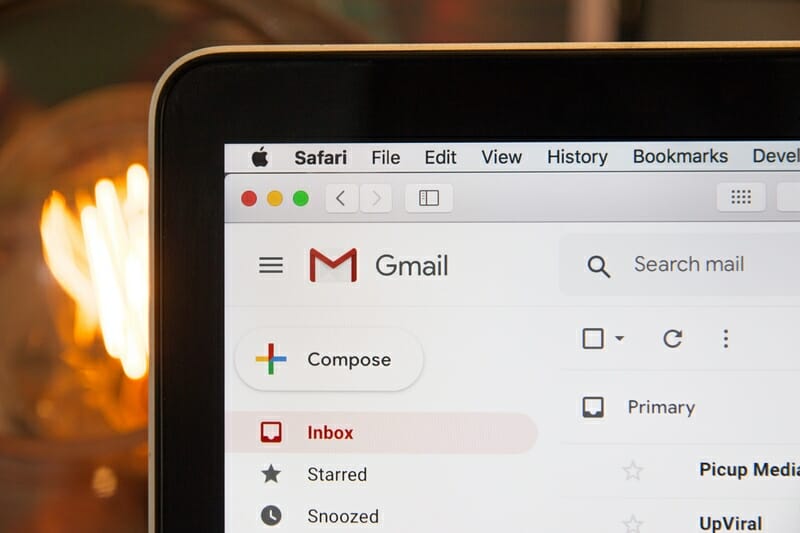
Finally, it’s time to reach out to the rights holders.
But there are some dos and don’ts.
When you contact the publisher or songwriter, send them all the info from step #1.
Also include the original song you’re sampling, as well as your track that uses the sample.
Ready to reach out to the record label (or whoever owns the master recording)? Contact their business department or their licensing department.
Sometimes, the record label will have forms on their website you’ll need to complete and submit.
What Does It Cost to Clear a Sample?
The cost of clearing a sample really comes down to your negotiation skills.
But in general, it can cost a couple thousand dollars (this is called an advance). However, you can instead offer a percentage of the copyright of your song to the rights holders.
This makes sense for a couple of reasons:
- You don’t have to pay a big advance upfront
- You are using part of someone else’s song, so they should get a chunk of the money you make from it
You should also know that clearing a sample can take a while.
Yes, it can go smoothly and quickly. But it’s safest to assume it will take a long time.
Where to Get Precleared Samples
Don’t want to go through this whole process manually?
There are some websites that offer precleared samples. So you can just buy and download audio and sample it in your song, knowing you’re legally safe.
The downside of these services is they may not have precleared the exact song you want to sample.
Citizen DJ
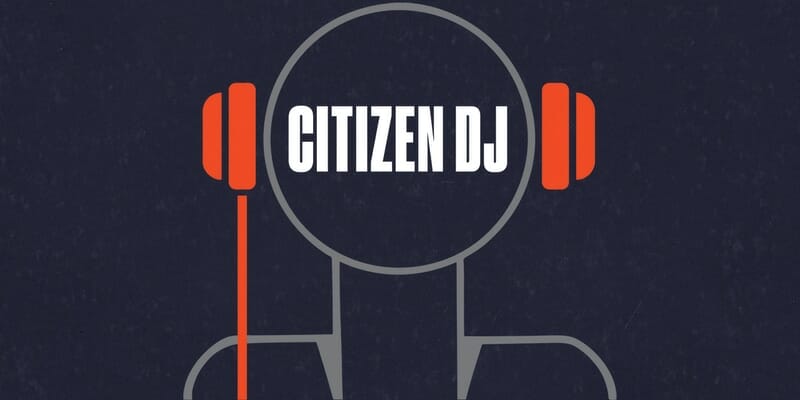
The Citizen DJ project pulls audio from the Library of Congress and ensures it’s legally free to use. No restrictions.
Not everything in the Library of Congress is okay to use without any restrictions.
But Citizen DJ only makes available audio that’s truly public domain and fine to sample. And it’s all totally free.
Tracklib

Tracklib is a library full of precleared tracks for sampling.
These aren’t sample packs or loops. They only offer original songs by actual artists.
You probably haven’t heard of most of the artists. But they do have some fun, old music, like jazz, classical, and blues.
They also have a bunch of exclusive music that’s not available on streaming platforms. So you can sample something people haven’t heard before.
It’s a subscription service that costs $5.99 a month, or more if you want other features.
DMG Clearances
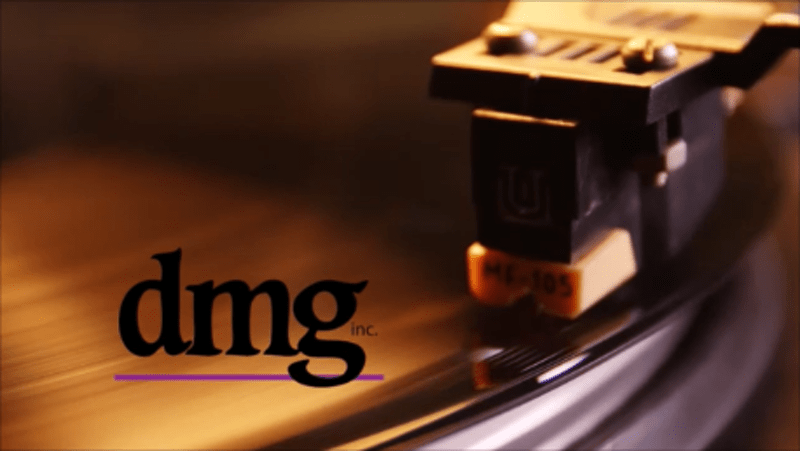
DMG Clearances is all about doing the work for you. They’ll find the rights holders, contact them, and secure clearances for you.
So this means you can try to sample whatever song you want through DMG.
However, it may cost you several hundred dollars to over $1,000.
But if you really don’t want to do the legwork to clear your sample, spending that money may be worth it for you.
When in Doubt, Contact a Lawyer
This post is by no means legal advice. If you’re not sure whether a sample is legal to use or whether you need to obtain a clearance, talk to a lawyer.
But these steps for how to clear a sample are a good starting point.


